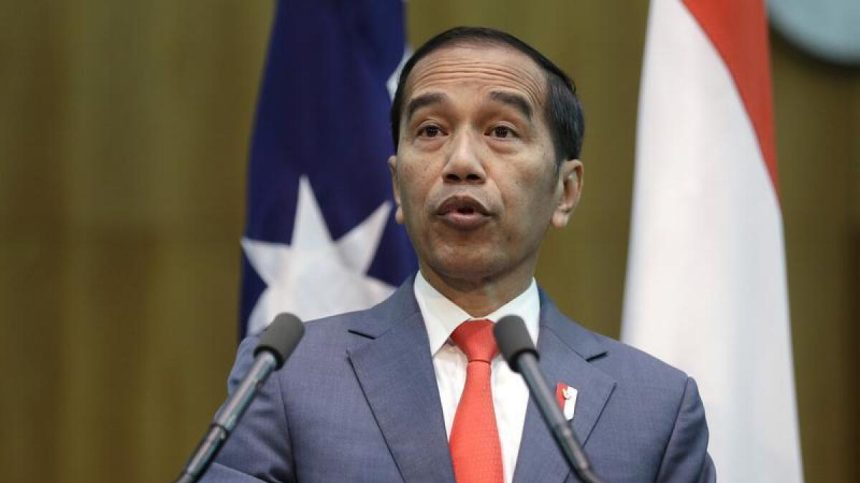Indonesia is making significant progress towards implementing a dual citizenship policy. This initiative has sparked widespread interest among Indonesians living overseas and families with mixed nationalities. The policy aims to encourage these groups to return to Indonesia by making it easier for them to secure jobs, start businesses, and own property. For foreigners interested in Indonesian real estate, this development could indicate a new wave of investment opportunities and a more dynamic market.
Overseas representatives show strong interest
In early May, the Indonesian government met with associations representing overseas Indonesians and mixed-nationality families to discuss the possibility of implementing dual citizenship. Attendees showed a strong interest in returning to Indonesia if they were able to obtain dual citizenship. This change would make it much easier for them to reintegrate into Indonesian society and contribute to the economy. For current property owners in Indonesia, the potential return of citizens with dual citizenship could lead to increased demand for housing, thereby boosting property values and rental incomes.
New opportunities for foreign investors
Foreign investors considering investing in Indonesian real estate should take note of some important developments. The potential return of skilled Indonesians and mixed-nationality families may lead to a significant increase in demand for residential and commercial properties. This rising demand could create profitable opportunities for real estate investors. Additionally, properties in sought-after areas could experience substantial appreciation, making this a favorable time to enter the market before prices increase.
Easing citizenship for mixed-nationality children
The Indonesian government is considering additional measures to attract overseas Indonesians, such as making it easier for children born to mixed-nationality parents to regain Indonesian citizenship. These efforts could enhance the country’s appeal to global families and investors, leading to a more inclusive and diverse property market.
The Coordinating Minister for Maritime and Investment Affairs, Luhut Panjaitan, emphasized that granting dual citizenship to skilled migrants would help address Indonesia’s digital talent gap. If implemented, Indonesia would become the largest nation in Asia to allow dual citizenship. This move would attract a highly skilled workforce, which is necessary for the country’s technological and economic advancement. For property investors, this means potential growth in tech hubs and urban areas where these professionals are likely to settle, increasing the value of investments in these regions.
Tackling brain drain to achieve economic goals
Indonesia is facing a significant brain drain issue, with the number of Indonesians renouncing their citizenship increasing fivefold to about 1,600 in 2021. This trend poses a challenge to President Joko Widodo’s (Jokowi) objective of attracting more investment from global companies that require skilled labor. Since 2015, Jokowi has been advocating for dual citizenship to mitigate this issue and boost economic growth. The success of these policies could lead to a more vibrant and competitive real estate market, driven by the influx of skilled professionals and increased foreign investment.
In conclusion, Indonesia’s dual citizenship plan is poised to be a transformative development for the country’s real estate market. For current property owners, this initiative could lead to higher property values and rental incomes due to increased demand. For foreigners looking to invest, the timing couldn’t be better, as the market is on the cusp of significant growth driven by returning expatriates and skilled migrants. By staying informed and strategically investing, foreign investors can capitalize on the promising opportunities that lie ahead in Indonesia’s evolving real estate landscape.




